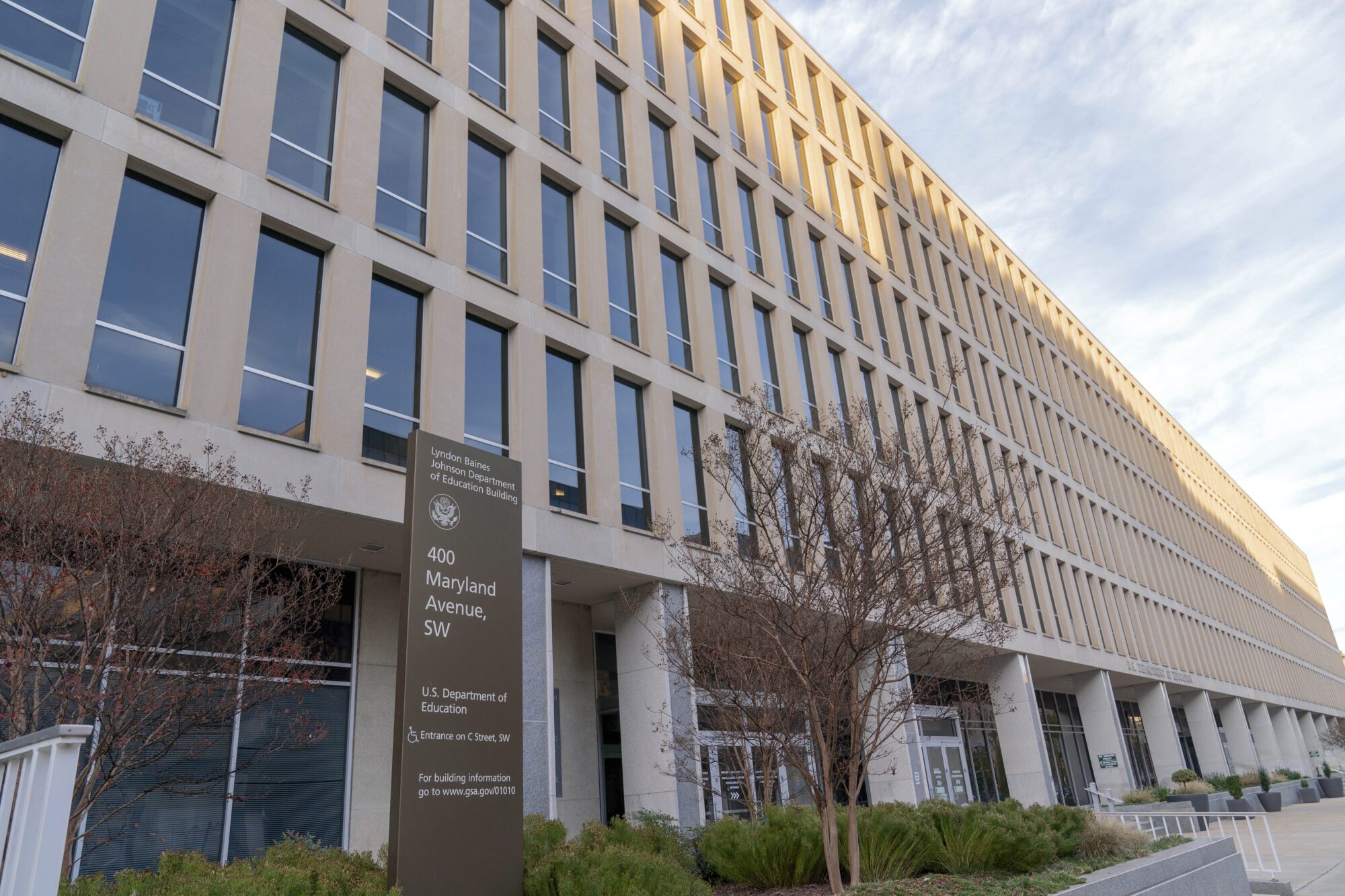
Lesley Davis
- Lesley Davis writes that passing good laws is just the beginning. The next step is ensuring real accountability.
Mississippi’s 2025 legislative session is in the books—at least for now. While lawmakers will return soon for a special session to finalize the state budget, there were significant policy victories this year that deserve recognition, as well as missed opportunities that should be revisited.
Let’s start with one of the session’s most impactful measures: ending the influence of DEI mandates in our public education system.
Ending DEI Mandates in Schools
Thanks to the leadership of Sen. Nicole Boyd, Rep. Joey Hood, Speaker Jason White, and Lt. Gov. Delbert Hosemann, Mississippi passed House Bill 1193, which prohibits state-funded schools and universities from operating DEI offices or requiring DEI training and diversity statements.
This new law isn’t about denying history or diversity. It’s about preventing the spread of divisive ideologies that judge people not as individuals but by their group identity. HB 1193 bans the promotion of concepts that suggest one race or sex is inherently superior to another or that individuals should feel guilt based on their identity. It also establishes a formal process to report and investigate violations, with real penalties—including loss of funding—for noncompliance.
Mississippi’s values—faith, family, and freedom—should be reflected in our classrooms and campuses, not drowned out by radical trends imported from elites and activist groups. With HB 1193, we’re drawing a clear line in the sand.
Advancing Dignity and Safety for Women
Mississippi has already passed laws to protect women’s safe spaces. But lawmakers took another important step forward with the passage of House Bill 188, the Dignity and Safety for Incarcerated Women Act, sponsored by Rep. Gene Newman. Now signed into law, this legislation ensures that restrooms, changing areas, and sleeping quarters in Mississippi’s correctional facilities remain designated based on biological sex.
At a time when common sense protections for women are being eroded across the country, we are taking a stand. This law safeguards the safety and dignity of incarcerated women—and upholds the basic principle that sex-specific spaces matter.
Protecting Children from Exploitation
Two other bills that passed this session focus squarely on protecting children from abuse and exploitation.
House Bill 599, authored by Rep. Price Wallace, holds commercial entities civilly liable for the distribution of child pornography and obscene material. HB 1308, sponsored by Rep. Jansen Owen, creates a new criminal offense for the grooming of children for sexual abuse.
In a digital age where predators operate with growing sophistication, Mississippi is responding with clear consequences and firm protections. Our children deserve nothing less.
Where Lawmakers Fell Short: Parental Rights
Despite these victories, one major disappointment from the 2025 session was the continued failure to enshrine basic parental rights into state law.
Senate Bill 2897, led by Sen. Tyler McCaugh, would have affirmed a parent’s fundamental right to direct their child’s upbringing, education, and care. It never received a vote in the Senate.
House Bill 1081, carried by Rep. Kimberly Remak, passed the House overwhelmingly—only five representatives voted against it—yet it too died in the Senate. And House Bill 120, sponsored by Rep. Lee Yancey, which would have required parental consent before healthcare services could be provided to minors, failed without ever getting a vote in the House.
“Parents do not co-parent with the government.” Why is this controversial in Mississippi?
Parents should never be sidelined when it comes to the most important decisions in their children’s lives. These bills would have ensured transparency, consent, and accountability—values most Mississippi families already assume are protected. The fact that they didn’t even receive full consideration is troubling and demands a renewed push in 2026.
What’s Next?
Passing good laws is just the beginning. Now that DEI offices are being closed, the next step is ensuring real accountability. Enforcement and vigilance will be essential to make sure schools and universities follow the new law—not just rebrand the same programs under different names. We’ll be watching.
At the same time, Mississippi’s leaders are thinking long-term. Speaker Jason White, Lt. Gov. Delbert Hosemann, Rep. Trey Lamar, and Sen. Josh Harkins deserve credit for advancing bold legislation that puts the state on a path to becoming income tax free. That’s a game-changer for Mississippi’s economy and future. We know this model works—states without income taxes are consistently leading the nation in job creation, business investment, and population growth. That’s no coincidence.
But as we move toward that goal, we need to plan ahead. One area that will be impacted is Mississippi’s pregnancy centers, which serve countless mothers and families in need. Our state currently offers the most generous income tax credit in the nation for donations to these vital organizations. When we eliminate the income tax, we’ll still need to ensure they receive strong community support. Their mission doesn’t change, and neither should our commitment to them.
Mississippi has never been afraid to stand for its conservative values, even when it means swimming against the tide. The courage and clarity shown in 2025 proved that. Now we just need to take the next steps.











